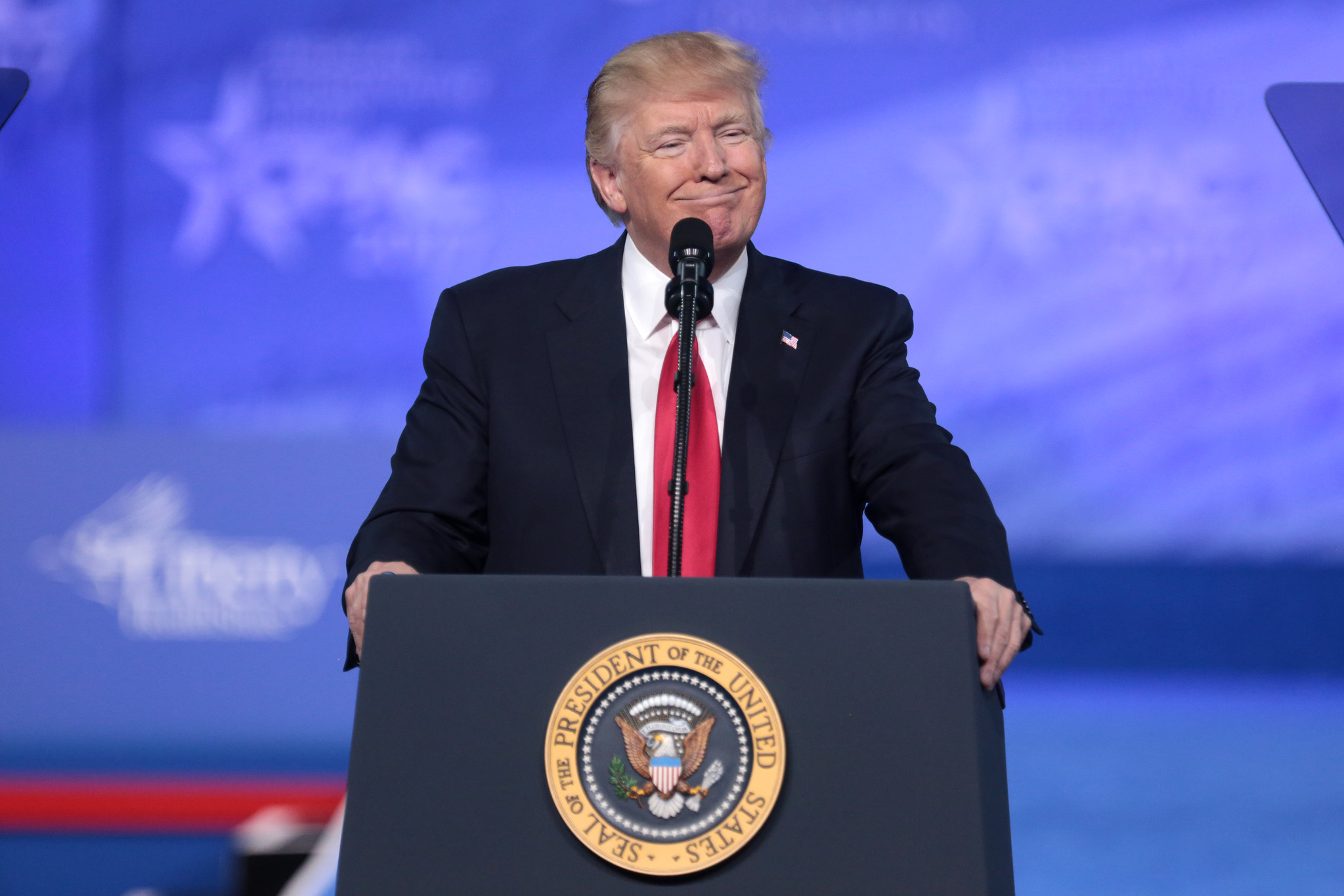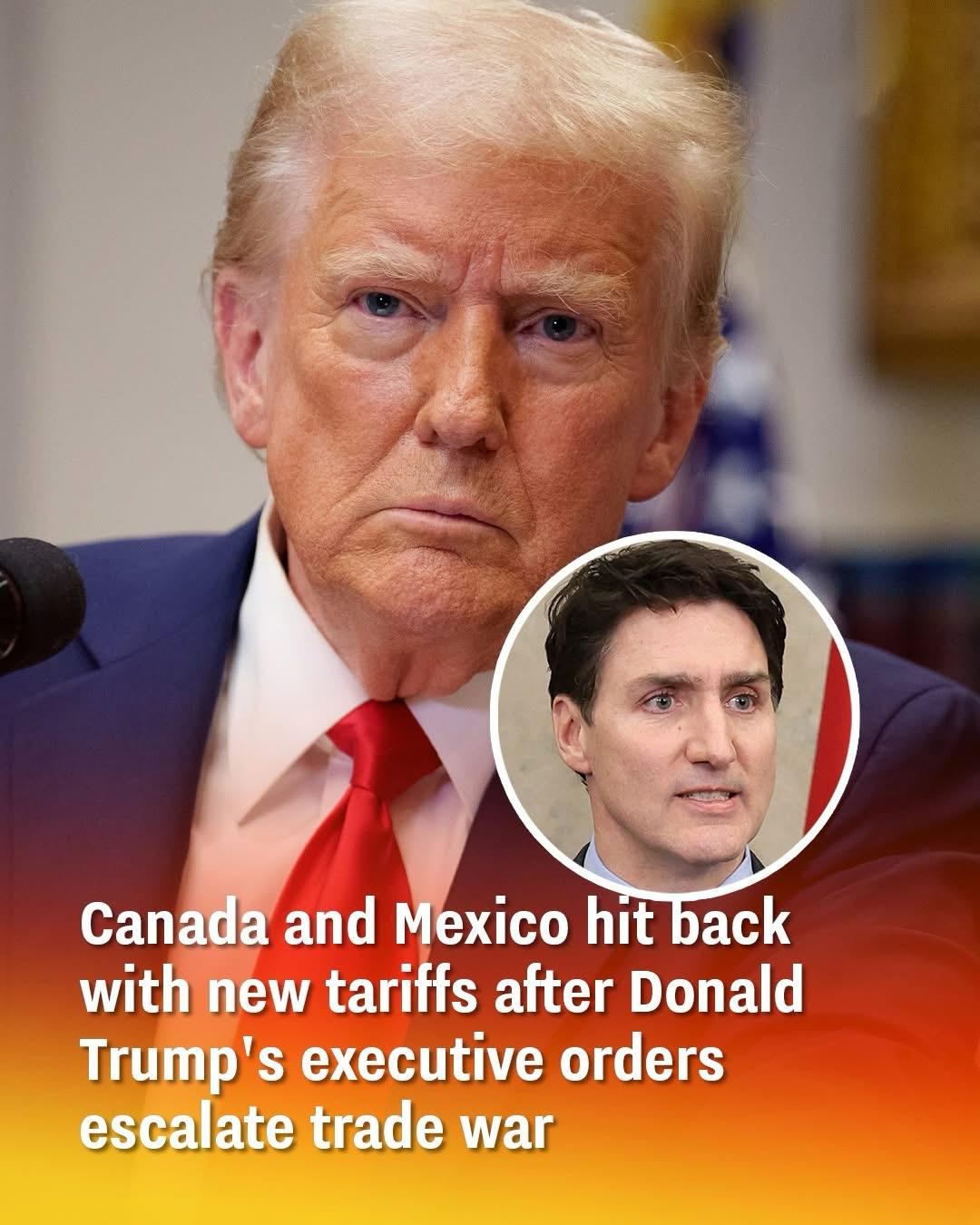Canada And Mexico Responded By Imposing New Taxes After Donald Trump’s Executive Orders Increased Tensions In The Trade Conflict
Following President Donald Trump’s imposition of significant tariffs, Canada and Mexico have retaliated, with Canadian Prime Minister Justin Trudeau warning that these actions will have “real consequences for the American people.”
In the two weeks since Trump returned to the White House, his administration has made numerous changes to U.S. policies. Among his first executive actions were revisions to immigration and passport regulations, setting records for the number of executive orders signed in a short period. Along with these changes, President Trump has raised import duties on several countries, including China, Canada, and Mexico. For instance, import duties on Chinese goods have been raised to 10%, while those on Canadian and Mexican goods have been set at 25%.
As you might expect, officials from China, Mexico, and Canada have expressed strong discontent with these new measures. Canadian Prime Minister Justin Trudeau warned that his country was prepared to respond to the U.S. tariff hikes. Just before the announcement of the increased tariffs on February 1, Trudeau said, “We are ready with a response—purposeful, forceful, but reasonable, immediate response.”
 Source: Flickr
Source: Flickr
Mexican President Claudia Sheinbaum echoed similar sentiments, stating on January 31 that her country had multiple plans in place to address the situation. “We have Plan A, Plan B, and Plan C, depending on what the U.S. government decides,” Sheinbaum explained at a press conference. She also made it clear that Mexico would continue to defend its sovereignty and dignity. “It is very important for the people of Mexico to know that we will always defend the dignity of our people, that we will always defend respect for our sovereignty,” Sheinbaum continued. “We will engage in dialogue as equals, as we have always stated, without subordination.”
On the same night, both the Canadian and Mexican governments announced counter-tariffs in direct opposition to Trump’s new measures. Trudeau emphasized that the tariffs were designed to affect $155 billion worth of U.S. goods, with a 25% tax on these imports. “It will have real consequences for you, the American people,” Trudeau warned.
Similarly, Sheinbaum criticized the Trump administration’s rhetoric regarding drug trafficking. “If the U.S. government and its agencies wanted to address the serious fentanyl consumption in their country, they could fight the sale of drugs on the streets of their major cities, which they don’t do,” Sheinbaum stated, adding that the U.S. could focus on addressing the money laundering associated with the illegal drug trade, which has severely impacted U.S. communities.
The countermeasures from Canada and Mexico have stirred tensions across North America. Trudeau explained in his speech that the actions taken by the U.S. were doing more to divide the region than to unify it. “The actions taken by the White House split us apart instead of bringing us together,” the Canadian prime minister said, highlighting the potential long-term effects of such policies on bilateral relationships.
In response to U.S. allegations, Sheinbaum took to social media to assure her people that Mexico would take strong actions to protect its interests. “We categorically reject the White House’s slander that the Mexican government has alliances with criminal organizations, as well as any intention of meddling in our territory,” Sheinbaum wrote on Twitter, stressing that Mexico would continue to defend its sovereignty and national interests.
The rapidly escalating trade dispute has left many in both the U.S. and abroad concerned about the economic impact and diplomatic fallout of these actions. With both Canada and Mexico, key trading partners of the U.S., retaliating, the situation is becoming increasingly tense. The U.S. and its neighbors now face the challenge of navigating this trade war, with no clear resolution in sight. These developments highlight the growing friction between the U.S. and its northern and southern neighbors, a trend that could have long-lasting economic and political consequences.
As the situation continues to unfold, the global community is closely watching the interactions between these nations, hoping that diplomacy will eventually prevail over protectionist policies. Whether these trade tariffs will lead to lasting changes or a quick resolution remains to be seen.






